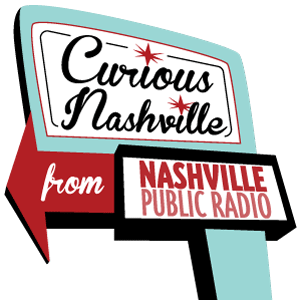
As Nashville considers its first water rate increase since 2011, Metro Water Services has begun a campaign to convey its challenges to Metro leaders to try to make the case for more funding.
The agency says it is years behind on upkeep, with about two-thirds of the city’s water pipes now more than 40 years old.
“We currently have 60 projects that need funding, $400 million in upgrades to our central wastewater treatment plant, 150 miles of sewer main that need to rehabilitated,” said agency spokeswoman Sonia Allman. “The longer we wait on these projects, the higher that cost gets.”
Allman said departmental costs are up 30% since the last rate increase in 2011. The agency’s overall list of capital projects is valued at $1.4 billion.
There’s already growing consensus among government officials that that Metro Water has been undercharging customers, with a rate that’s one of the lowest in the nation. Commissioned studies made that case (here is the most recent as a PDF), and now the state comptroller’s office and Mayor John Cooper agree.
Metro Water sought a rate adjustment in 2016, but did not gain support from then-Mayor Megan Barry, leading the department to slow some projects, Allman said.
Metro Water also faces challenges in keeping up with water quality regulations, and a federal court order to prevent pollution from entering waterways.
What This Means For Residents
Historically, the agency has gone awhile between increases — and then they’d jump substantially.
This time, the agency proposes a sequence of increases over four years and then smaller automatic upticks — always no more than 3% — on an ongoing basis.
“This is going to give us the finances we need to implement the projects that are desperately needed. It’s also going to allow us to plan for the future.” Allman said. “MWS is not a department that just arbitrarily chooses a number,” she said.
If approved by the council, monthly bills would rise between about $3 and $15. Most homeowners would pay about $9 more per month, depending on usage.
Metro Water has additional information online here, including a bill calculator.
The rate increase will go before the Metro Council beginning in November, with a special council discussion scheduled for Nov. 13. Rates could increase on Jan.1.
The agency is also proposing an increase to development-related water fees, which were actually cut in half in 2009 during the recession and haven’t been adjusted since.


